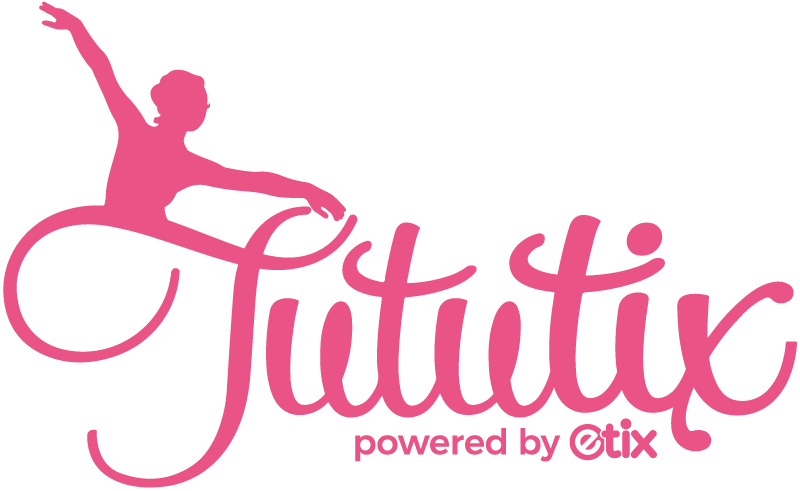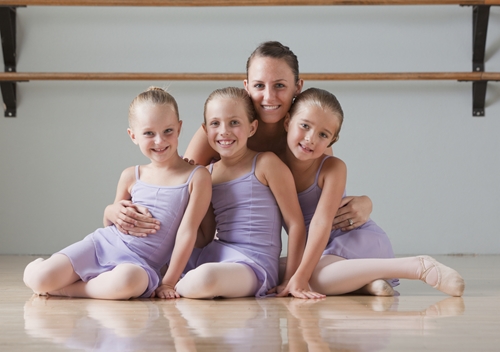Dancing is not only fun but provides a range of dance health benefits. Dancing at any age is good for you, but involving kids with dance early on supports their physical and mental development and shows them the importance of exercise.
While children jump and twirl and release their boundless energy, they’re also growing, learning and building healthy habits for life. Here are some dance health benefits (and more!) for kids:
Physical Fitness
From balancing on their toes to raising their arms and even just standing in third position, dance utilizes the entire body and all of its muscle groups. It is an aerobic exercise, which gets the heartbeat going to strengthen the cardiovascular system, increases lung capacity and builds endurance. It also improves flexibility, posture and balance. In addition to these health benefits, dance helps improve coordination and kinesthetic memory, or body awareness, in children. According to Dancescape, moving our bodies to music strengthens the connection between our bodies and our minds by supporting both the central nervous system and the peripheral nervous system.
Mental Development
Dancing not only benefits the body, but also the mind. Learning choreography helps children strengthen their cognitive abilities and memory skills. Alternatively, being given the opportunity for free and spontaneous movement aids their problem-solving skills. As the National Dance Education Organization stated:
“Movement provides the cognitive loop between the idea, problem, or intent and the outcome or solution. This teaches an infant, child and, ultimately, adult to function in and understand the world.”
Furthermore, dancing helps children become more comfortable with their bodies and with expressing their ideas and emotions. This body awareness and confidence translates into higher self-esteem. A more positive sense of self helps children deal with emotional issues that they may have, and in turn, teaches them the valuable skill of how to deal with problems and bad feelings constructively.
Social Skills
As children learn to relate to their body movements through dance, they’re also learning to relate to each other. Dance teaches children how to cooperate and work together in groups. By interacting with the instructor, it teaches them how to effectively communicate their needs, opinions and ideas. By learning new skills alongside others, children bond with each other, and begin to understand what it takes to collectively work toward one common goal. Lifelong friendships can be made in dance class, and by becoming more comfortable with expressing themselves through dance, shy children can feel more comfortable coming out of their shells and overcome their anxiety.
By supporting children’s physical and mental development, dance gives children the skills and health benefits they need to grow into healthy adults.


